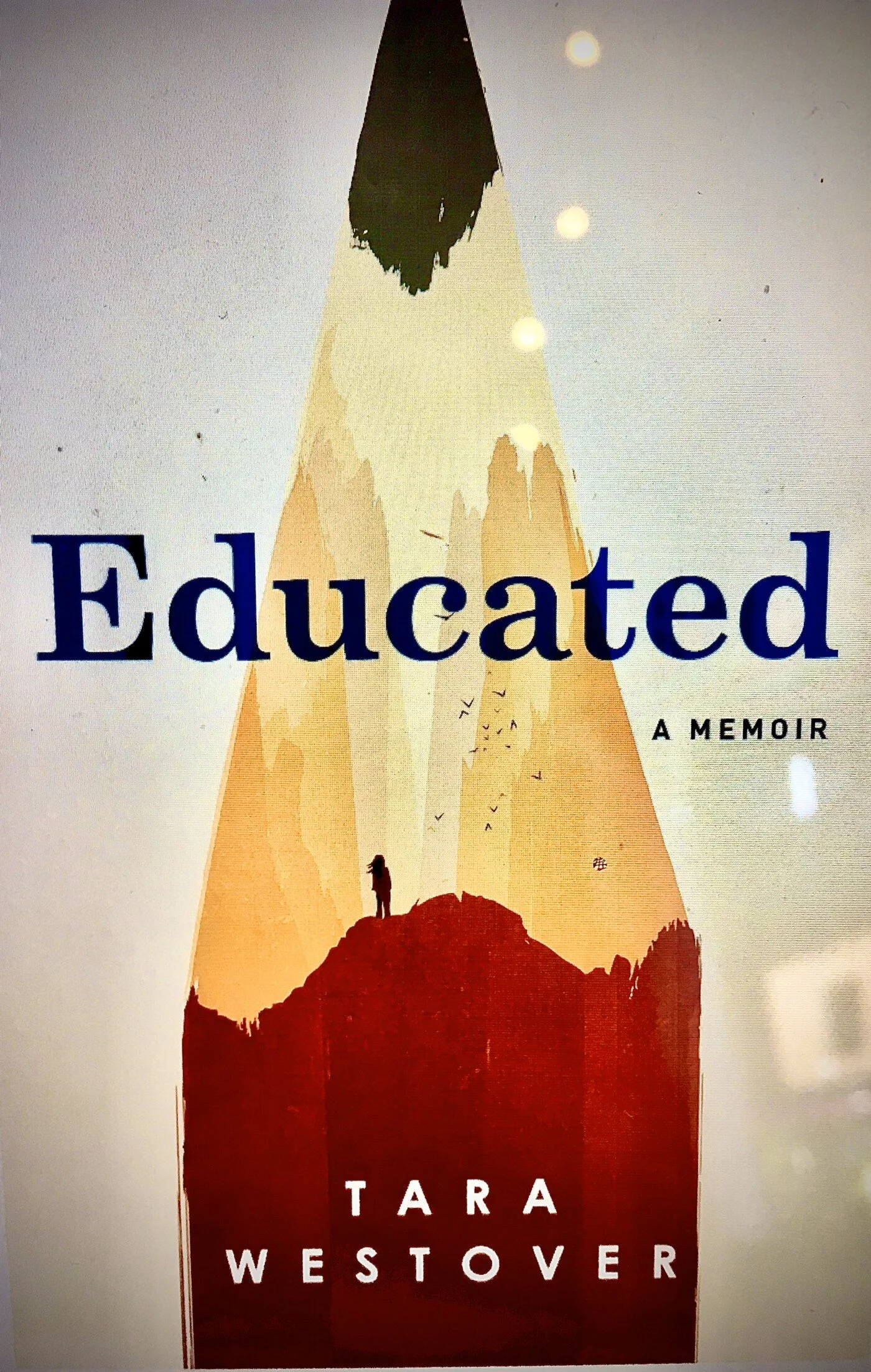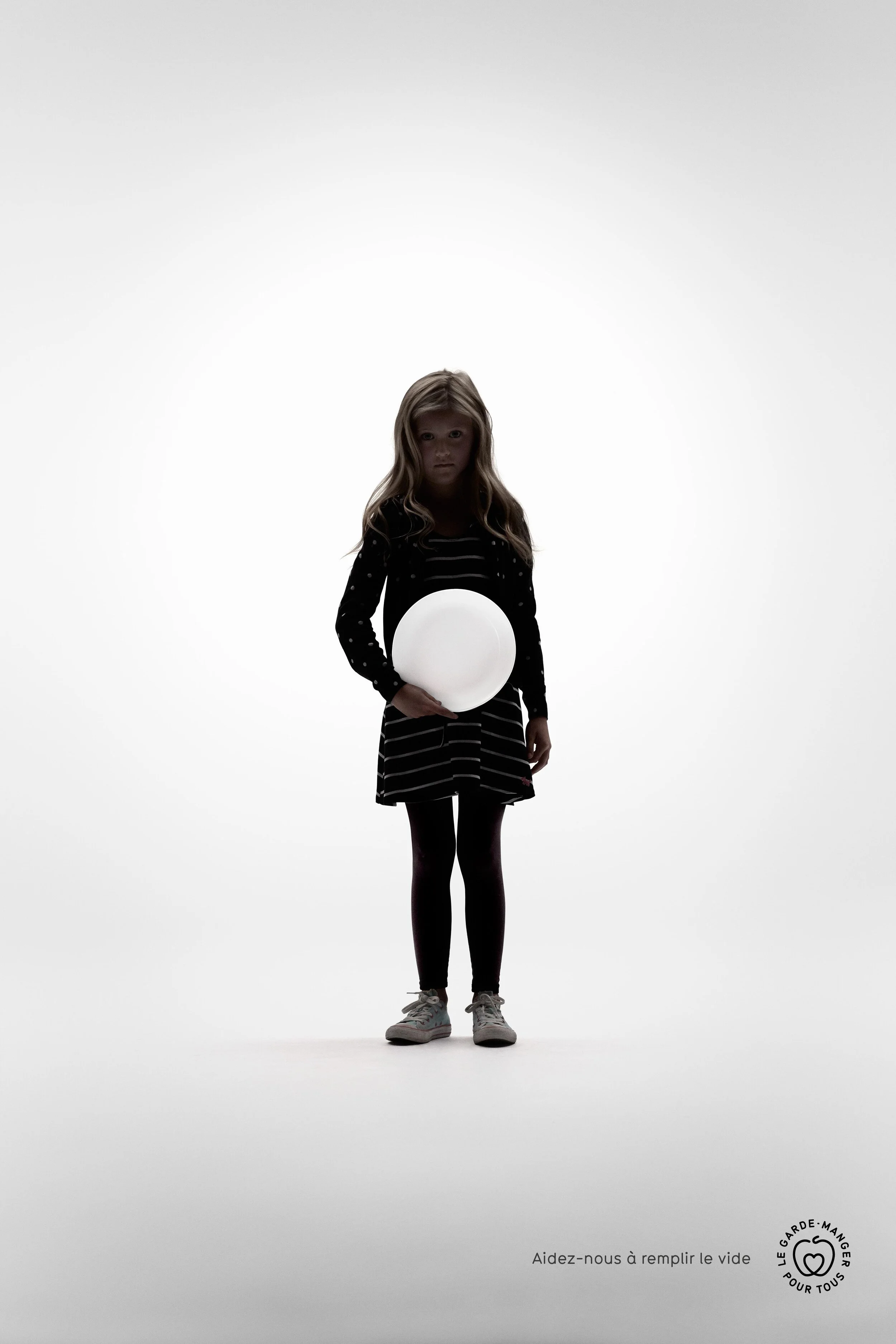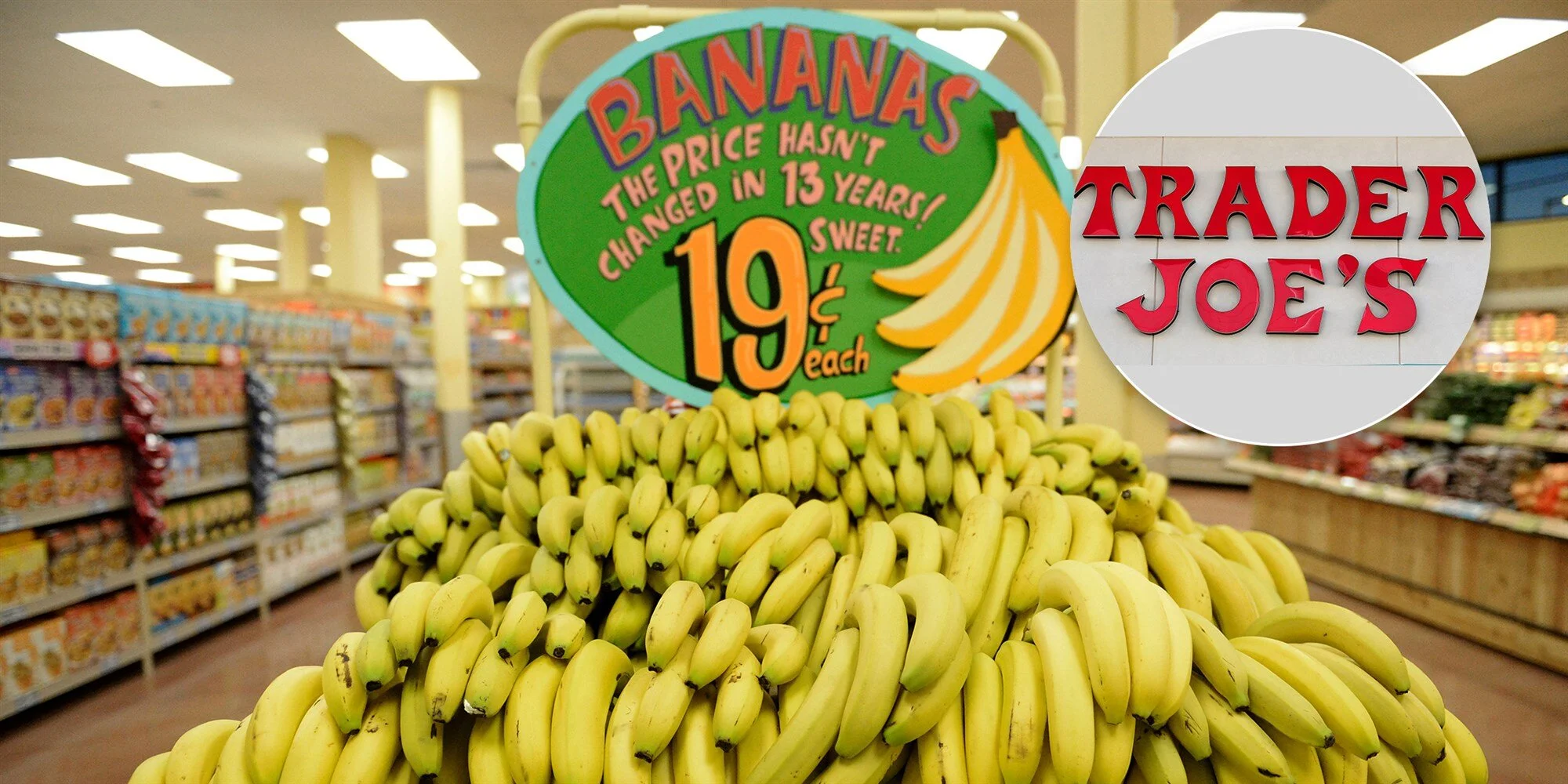“Hope is grounded in memory. It lies not in looking forward but in looking back.” Walter Brueggemann
Many of us are finding ourselves with a type of time—suspended, unrushed, and sometimes unsettling—we’ve never had before. Answering the question “What is this time for?” has brought me purpose, grounding and centeredness in the uncertainty.
If you’ve realized there is something you need going forward that you’ll only find by going back, now is the time to discover your story more deeply.
In April & May, my monthly online story membership will be exploring the memoir Educated by Tara Westover. Her journey is uniquely strange and yet in her story we find the DNA of all our stories:
The “compressed hierarchy” of roles as siblings leave home
“Acceptable” activities in family culture
Danger & what we bond with in order to shelter ourselves
Coping strategies in unsafety
Our alien-ness as we leave home
The importance of being seen by others outside our family
The battle, cost and power of telling our stories
Join this TWO-PART ONLINE GROUP EXPERIENCE to…
begin a process for which you’ve had the desire but not the space and connect with others also wanting to more deeply know their story
COST FOR BOTH SESSIONS: $20
Chapters 1-16:
Friday April 24th 6:00-7:30 pm MST
OR
Saturday April 25th 9:00-10:30 am MST
Chapters 17-40:
Friday May 15th 6:00-7:30 pm MST
OR
Saturday May 16th 9:00-10:30 am MST



